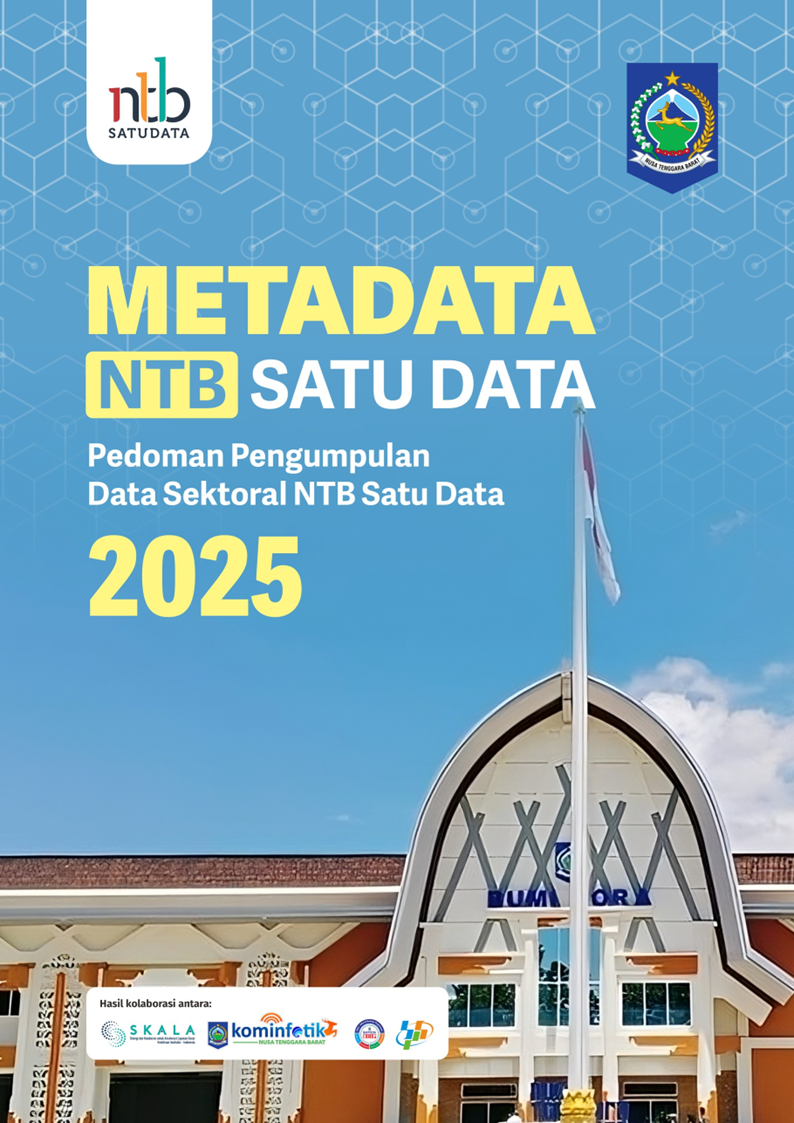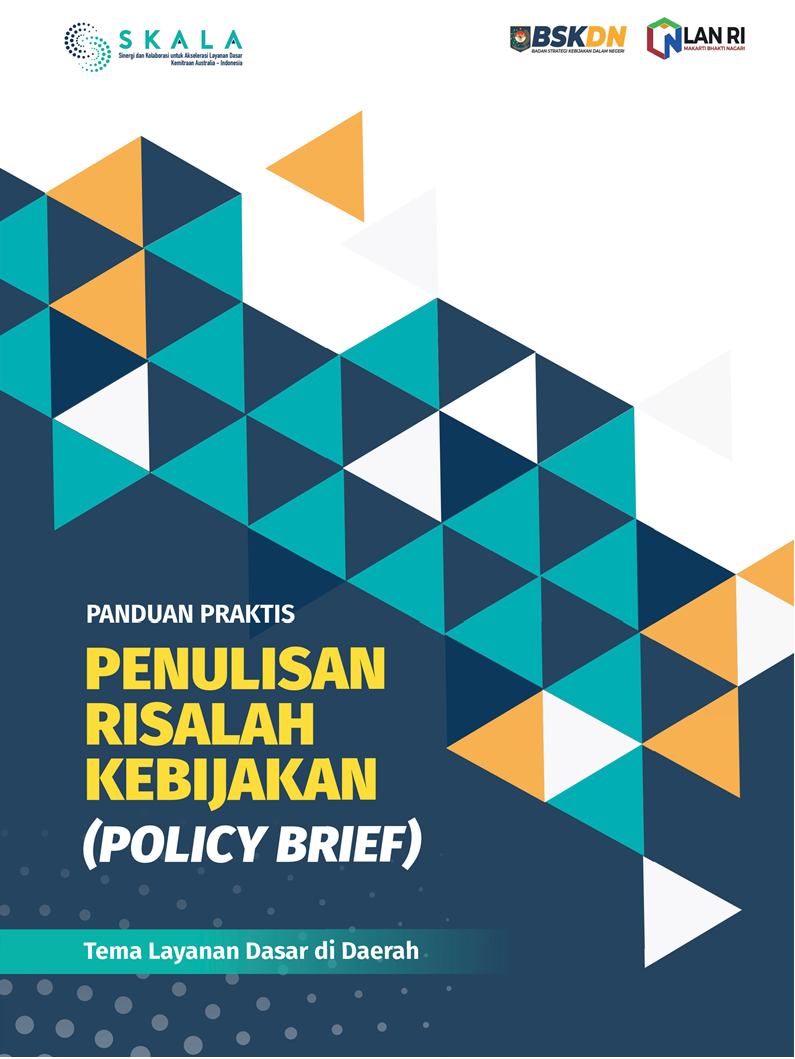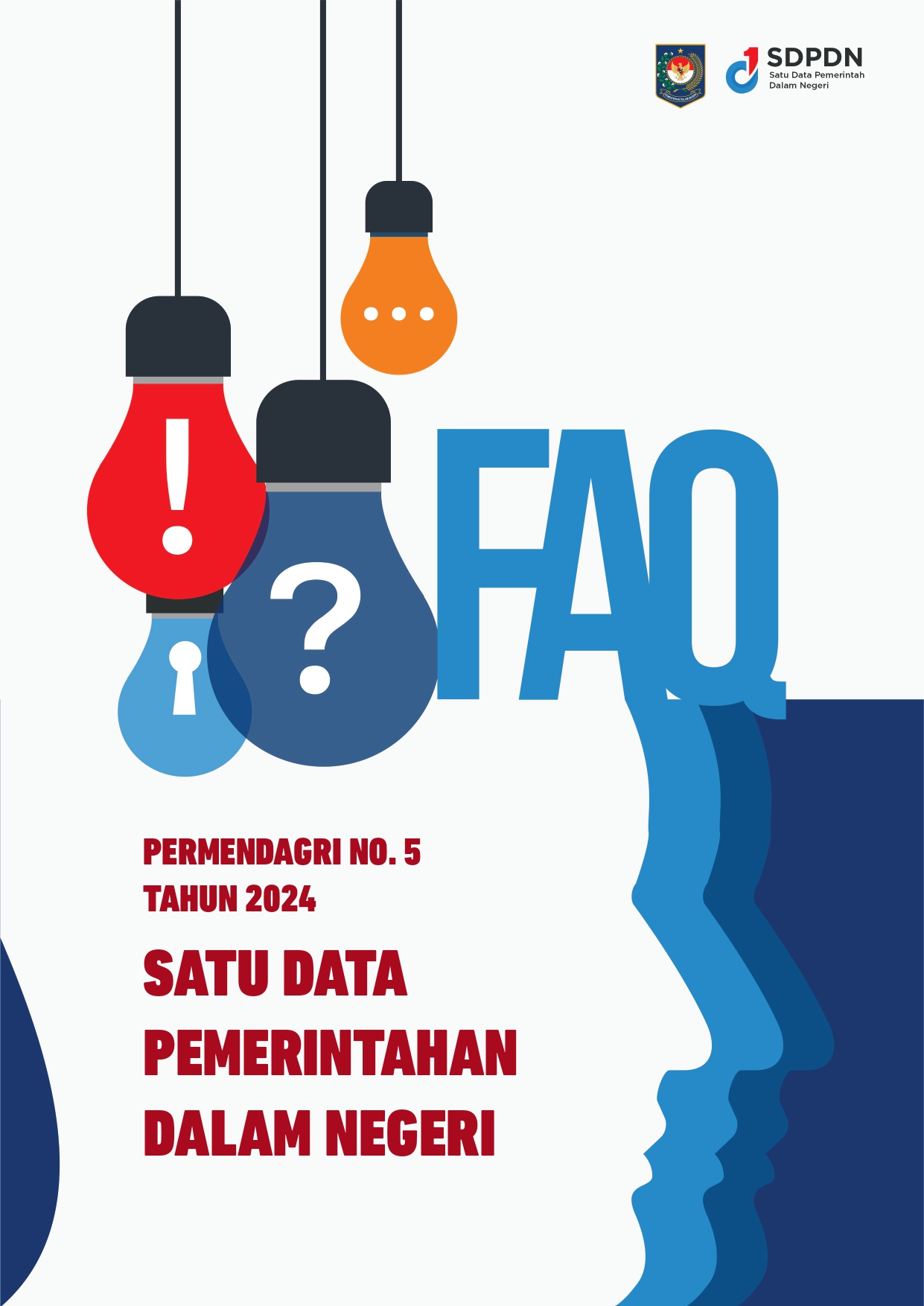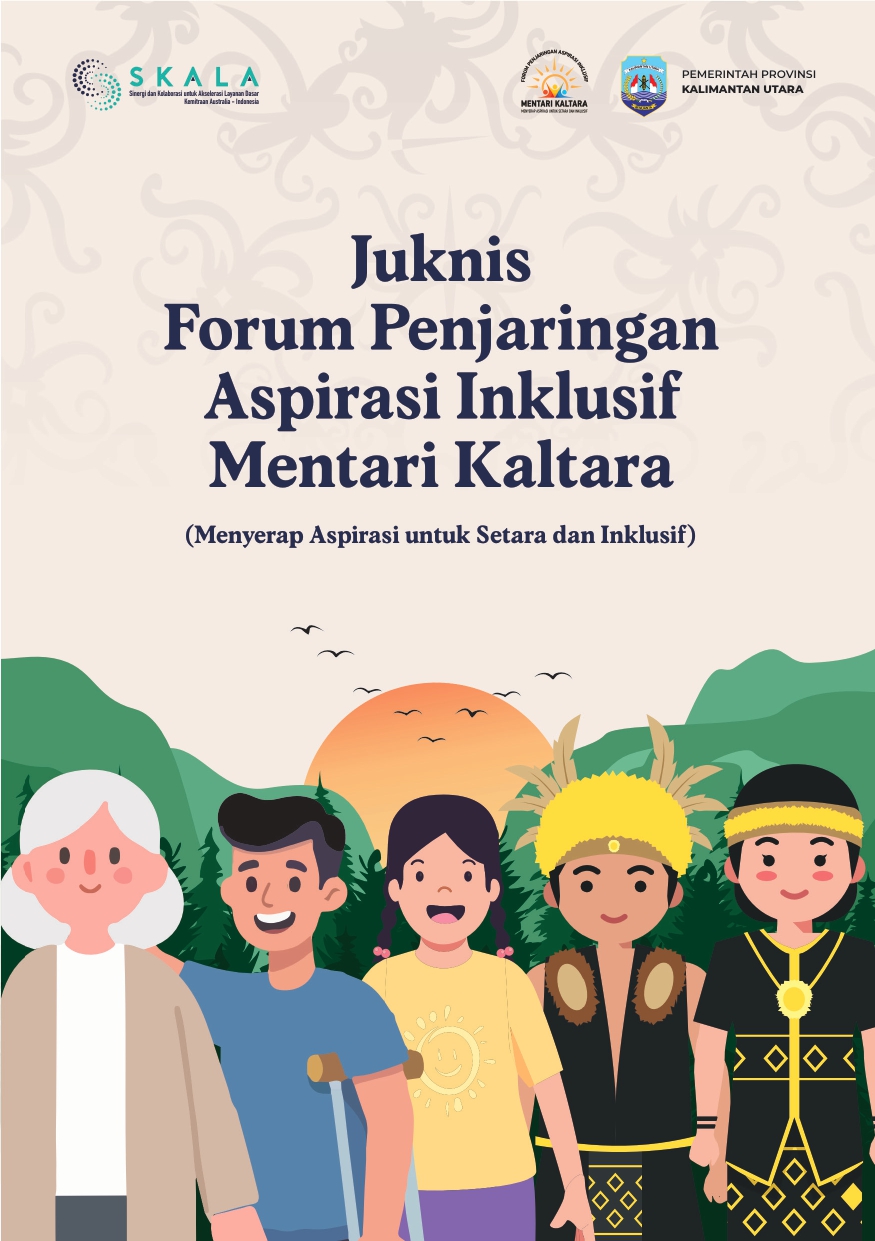- All
- Data & Analytic
- DJPK
- GEDSI
- Gender Responsive Budgeting
- MSS
- PFM
- Public Financial
- SKALA
- Standard
- Top 10

The Government of West Nusa Tenggara (NTB) has officially launched the Metadata NTB Satu Data – NTB Satu Data Sectoral Data Collection Guidelines 2025, a strategic reference for subnational data collection and management. This milestone strengthens the implementation of Indonesia’s One Data Policy, as mandated by Presidential Regulation No. 39/2019 and Minister of Home Affairs Regulation No. 5/2024. Featuring 1,961 sectoral datasets complete with definitions, methodologies, standards, and reference codes, the publication ensures data credibility, transparency, and accountability. By providing reliable metadata, NTB supports evidence-based planning and budgeting, enhances accountability, and promotes inclusive and targeted public services. Developed by the NTB One Data Forum with support from the SKALA Program (Australia–Indonesia Partnership to Accelerate Basic Services), this metadata serves as a strong foundation for realizing NTB’s vision of becoming a Prosperous and Globally Connected Archipelagic Province. The book is only available in Bahasa Indonesia.

The Ministry of Home Affairs, through the Home Affairs Policy Strategy Agency (BSKDN), in collaboration with the State Administration Agency (LAN) and supported by the SKALA Program, launched a Practical Guide to Writing Policy Briefs focusing on basic services in the regions. This guide strengthens the capacity of policy analysts, civil servants, academics, and stakeholders in drafting concise, evidence-based, and inclusive policy briefs by discussing writing methods, data utilization, communication strategies, and case studies from partner provinces. By emphasizing the integration of gender, disability, and social inclusion (GEDSI) perspectives and evidence-based policies, this guide serves as an important reference for the formulation of responsive, impactful, and sustainable public policies for more inclusive basic services in Indonesia. The guide is only available in Bahasa Indonesia.

The Frequently Asked Questions (FAQ) document summarizes the implementation of Minister of Home Affairs Regulation Number 5 of 2024 concerning One Data for Domestic Governance (SDPDN), which serves as a guideline for data management in the Ministry of Home Affairs and local governments and is part of the One Data Indonesia (SDI) policy. This FAQ explains the integration of central and regional data to ensure it is accurate, up-to-date, integrated, and accountable, while supporting development planning, budgeting, decision-making, and improving public services. Through data standards, metadata, interoperability, and the use of reference codes, SDPDN strengthens the implementation of One Regional Data and encourages inter-agency coordination to realize a transparent, efficient, and inclusive data-driven government. The document is only available in Bahasa Indonesia. The FAQs have also been published on the Pusdatin website at https://pelita.kemendagri.go.id/kemendagri.

The Inclusive Aspiration Gathering Forum “Mentari Kaltara” is an initiative by the Provincial Government of North Kalimantan to ensure active participation from vulnerable groups—including women, children, persons with disabilities, Indigenous communities, the elderly, and other marginalized populations—in the regional development planning process. Through a participatory and inclusive approach, the forum serves as a strategic platform for civil society networks and local governments to present, discuss, and consolidate development proposals based on real needs. The Mentari Kaltara technical guidelines provide an official reference to ensure that development planning is equitable, data-driven, sustainable, and accountable across all levels of government. The document is only available in Bahasa Indonesia.

Explore SKALA's Civil Society Network Engagement Plan, a strategic roadmap to strengthen CSO participation in inclusive planning and budgeting across six Indonesian provinces. This document outlines key barriers to CSO-government collaboration, maps models of engagement, and details a 12-month action plan with Seknas FITRA to build CSO capacity in evidence-based advocacy, GEDSI, and public finance. Grounded in local realities and national policy frameworks, the plan promotes equitable service delivery and meaningful representation of women, persons with disabilities, and vulnerable groups.






